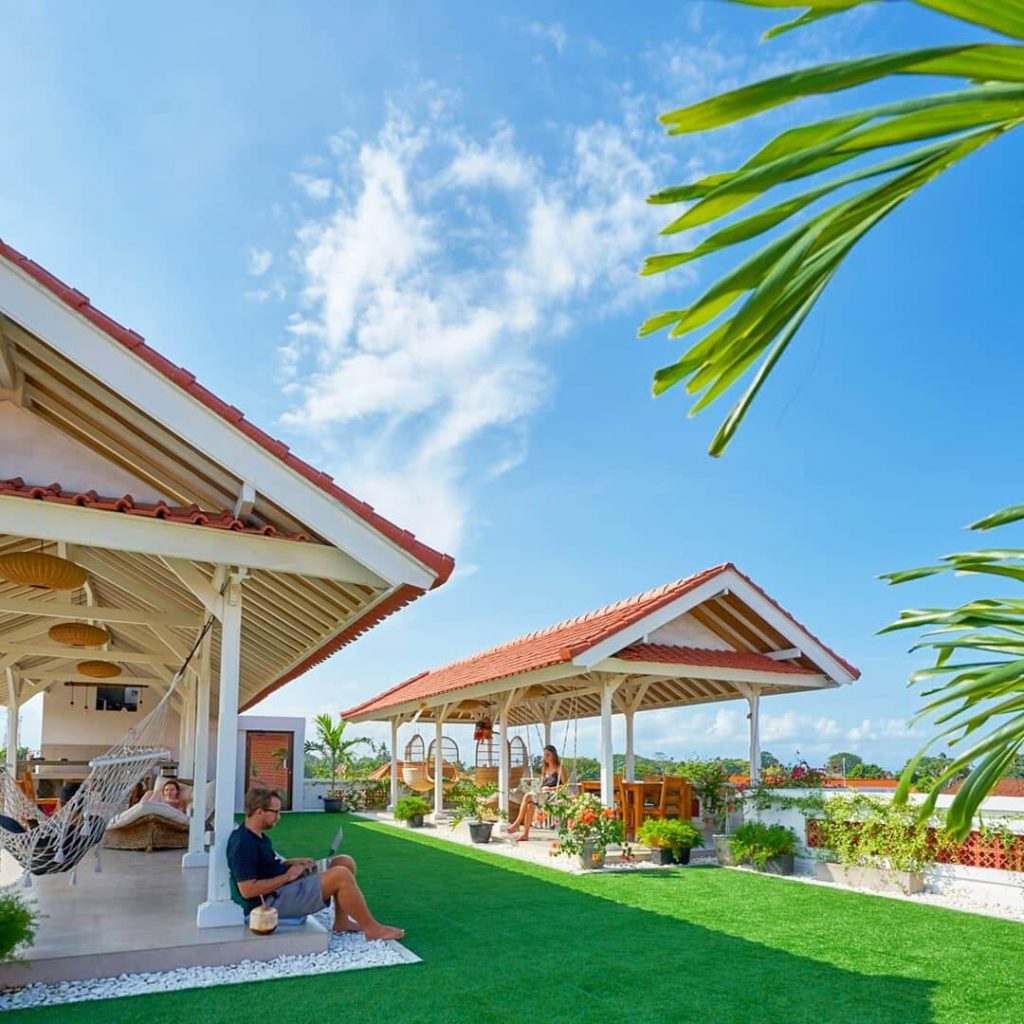the indonesian e-Residency connection
How e-resident entrepreneur Lavinia Iosub built a bridge from Bali to Tallinn
She's never looked back.
"A lot of input came from asking community members, which resulted in out-of-the-box ideas."
e-Residency and the Remote Skills Academy
It's these services that made having Estonian e-Residency essential for the offering.
One reason for becoming an e-resident was to access Estonia's easy-to-use digital services, which were a breeze:
More from e-Residency
- Sign up for our newsletter
- Watch fresh video content - subscribe to our Youtube channel
- Meet our team and e-residents - register for our next Live Q&A


